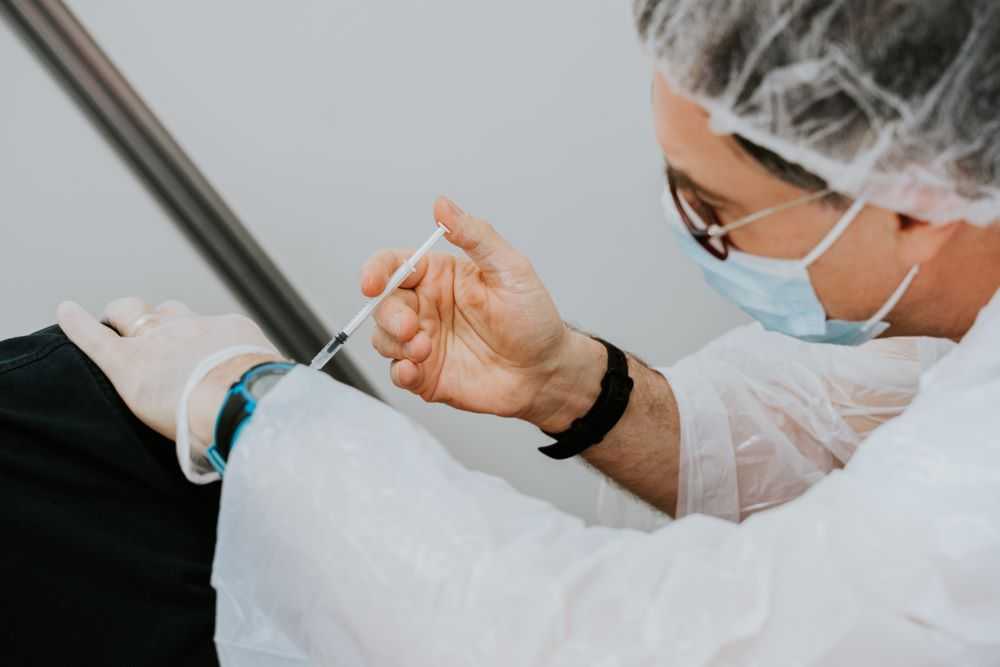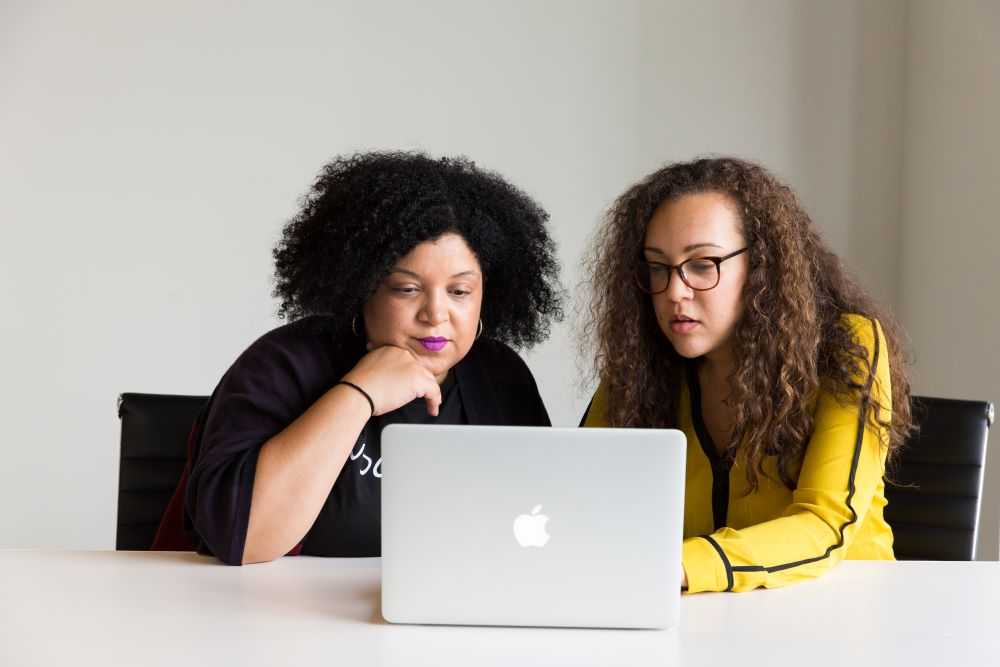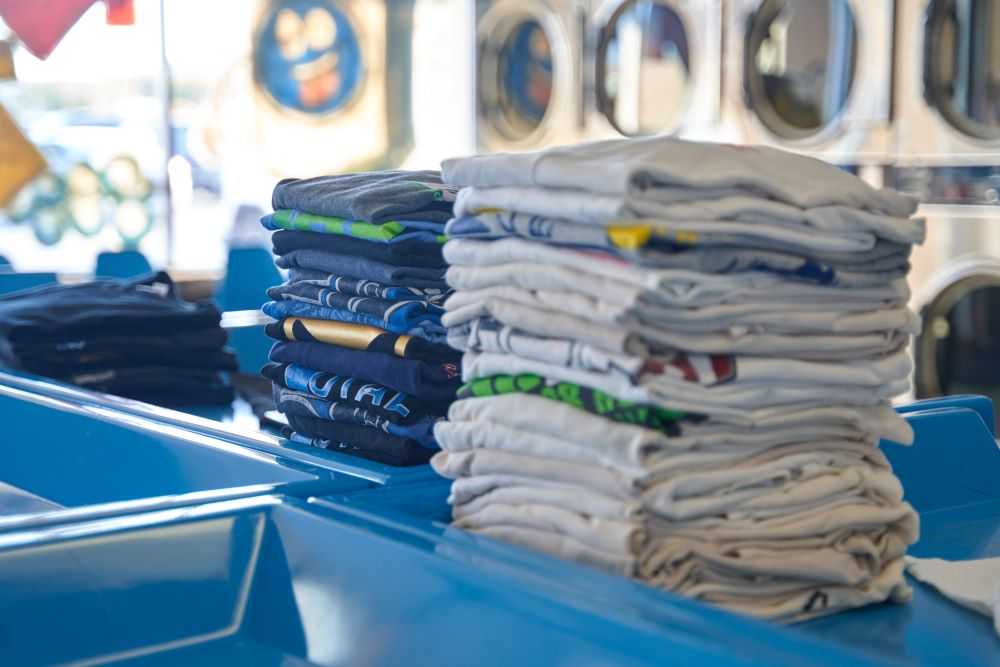7 Successful startup partnership examples
- Publication date
- Author
- Gemma Lavers
- Reading time
- 6 minute read
It’s not always easy to navigate the world of partnerships as a startup. Sometimes it can feel like you’re making no progress at all, or even that you’re going in the wrong direction. If you do feel like this, this blog might just be the one to get you inspired again.
We believe it’s important for you to realise how crucial strategic partnerships can be to your marketing strategy as a startup business. But rather than just telling you, we’re going to show you with not one, but seven successful startup partnership examples.
We’re starting big, arguably with the most successful partnership on this list. When the Covid-19 pandemic hit, the mission of most pharmacy giants was to create a vaccine to help reduce the severity of the virus. Pfizer and BioNTech succeeded in this mission, as they collaborated to create the vaccine with the most protection against the Delta variant of Covid-19 (96% effective according to Gov.uk).
The partnership between Pfizer and BioNTech began long before Covid-19 though. In 2018 the two organisations agreed to work together on creating a mRNA flu-based vaccine. The partnership worked because the German startup BioNTech were able to provide technical knowledge on mRNA molecules, and Pfizer brought their previous experience in the development and rollout of vaccinations.
However, it’s in 2020 when the two organisations made history. In March while we were all at home baking banana bread and completing Joe Wicks workouts, Pfizer and BioNTech were busy partnering up. This offered a huge opportunity for BioNTech to not only share their science, but also gave them the means to distribute vaccines worldwide with haste.

You’ve probably heard of Toyota. You might even own one of their cars. However, a brand you might not have heard of is Aurora Innovation Inc, a startup specialising in self-driving cars. Aurora already has a fleet of huge names that have previously partnered with them including Kia and Volkswagen. But in 2021, it was Toyota’s turn.
Aurora, Toyota and auto part supplier Denso all teamed up to create a brand new futuristic invention - the robotaxi. Their ventures were successful as the first robotaxi managed to hit the road before the end of 2021. Following this, the partnership hopes to implement Aurora’s self-driving technology in some of Toyota’s everyday vehicles, starting with the Sierra minivan.
For Aurora, this was the perfect opportunity for them to trial their technology in a meaningful way, with the largest automaker in the world. For Toyota, partnering with Aurora enabled them to enter the self-driving space while saving resources, employee time and money developing an effective self-driving software themselves.
With Covid-19 also came the transformation of the fitness industry. While gyms were closed, people were utilising their homes as their ‘fitness studios.’ With the help of Pittsburgh-based startup DeltaTrainer, people were able to get the same training experience online as they would with an in-person trainer.
DeltaTrainer successfully partnered with the largest gym chain in the world, Anytime Fitness. The aim was for DeltaTrainer to provide the innovations and technology customers and fitness trainers were in desperate need for. This includes an app that detects when a particular exercise is started so that live feedback can be given on an individual’s form and pacing.
The partnership prevented many gyms from closing their doors permanently, making it a great example of how partnerships can make you stronger. And of course, not only were Anytime Fitness and DeltaTrainer made stronger by the collaboration – the partnership was able to make the pair’s clients physically stronger too, by improving their overall health and wellness. With this collaboration, there really is no excuse to not get exercising!

ITM was the new kid on the block. Created in 2019 to solve blockchain issues like online scalability, privacy and cost, Microsoft saw the perfect opportunity to partner with the Taiwan-based startup when the issue of online trust circulated at the beginning of the Covid-19 crisis.
They began on a project with Taiwan’s largest energy provider, Taipower, to ensure data being collected by renewable energy smart meters is stored securely. ITM’s blockchain technology establishes accountability of any information and minimises the expense of, and need for, third-party verification systems. This means individuals can give and receive data quicker.
Although it may all sound a bit technical, the partnership was a hit and demonstrated the need for blockchains in certain industries. Microsoft and ITM were able to assist digital transformation initiatives in a world where more and more people are worried about online trust. ITM is a great example of how a startup with such a clear offering can find strategic partnerships with huge names, like Microsoft, Qualcomm and Taiwan Mobile.
Rewinding all the way back to 2017 now (we know a LOT has happened since then). Recruiting organisation BMA Group partnered with technology startup Talentank to improve their recruitment offering. TalenTank’s product allows workplaces to pinpoint the core values of their employees and scout hires that are likely to fit in well with the company. The service asks employees to fill out a six-minute survey and the software is then used to analyse the results.
Realising how TalenTank’s product could add more value to BMA’s clients, the pair decided to team up. The product partnership meant that BMA Group was able to add TalenTank’s technology to its services and give HR managers a greater insight into their company culture to help them establish a team of like-minded individuals. At the same time, BMA acquired an undisclosed stake in TalenTank.
This partnership was extremely successful. In News is my Business, the two organisations reported that when employees are working with individuals with similar values, their performance can improve by up to 22%. On top of this, it decreases staff turnover by 50%! The strategic partnership between BMA Group and TalenTank certainly gets the Breezy stamp of approval.

LafargeHolcim is the world’s leading cement manufacturer, employing over 70,000 people in more than 70 countries. In 2020, they decided to partner with a startup named Leena AI to solve in-house challenges during Covid-19. Leena AI’s virtual assistant or chatbot, IKTAN, is designed to provide employees with answers to questions about Coronavirus and HR quickly and seamlessly.
Leena AI’s chatbot makes use of linguistic data processing from publication organisations including the likes of WHO and UNICEF. So, if an employee has a question on something like payroll or holiday time, the chatbot will be able to answer these queries. The hope was that IKTAN would be able to save HR teams a significant amount of time and resources in the long run.
Although the original partnership was a pilot project, both organisations agreed the solutions would be helpful to employees elsewhere too. So, Leena AI’s solution has since been implemented to assist with the needs of over 10,000 LafargeHolcim employees all across the world. The partnership brought Leena AI’s chatbot a lot of publicity. So much so that now their technology is being used by three million employees in brands such as Coca Cola, P&G and Nestle.
According to stain removal specialist Vanish, nine out of ten pieces of clothing end up in landfill. Shocked? We are too. To tackle the issue of clothing waste, in 2021 Vanish strategically partnered with sustainable laundry startup Oxwash.
To give you a little more of a background on Oxwash, the business was founded by a former NASA engineer, and their aim is to revolutionise the laundry process. They are constantly innovating, from dropping off your laundry with electric cargo bikes, to using the water from the previous rinse cycle to reduce water consumption. Oxwash is a market leader when it comes to sustainability and ingenuity. We can see why Vanish wants to work with them.
The partnership saw Oxwash agree to use Vanish’s new sustainable formula - Vanish 0% - in their London state-of-the-art washing facilities to help increase the lifespan of clothes and prevent tonnes of clothes from ending up in landfill. The laundry gel contains no polluting phosphates, which aligns with Oxwash’s mission to be the first truly sustainable laundry service. Meanwhile, having its product validated by a startup with such strong ethics is a mark of validation for Vanish. As it stands, Oxwash is still currently partnered with Vanish, so it must be going well!

--
Enough about other businesses, now it’s time to talk about yours. With the help of our Breezy partnership search engine, you can do exactly what these brands have successfully done - find partnerships that are able to transform your startup!
As we’ve demonstrated, all it takes is one perfect partnership and you could see your business thrive. To get started, book a demo for Breezy. We can assist your startup on your partnership search by highlighting hundreds of relevant partner prospects that you can filter by things like relevancy, reach and more.